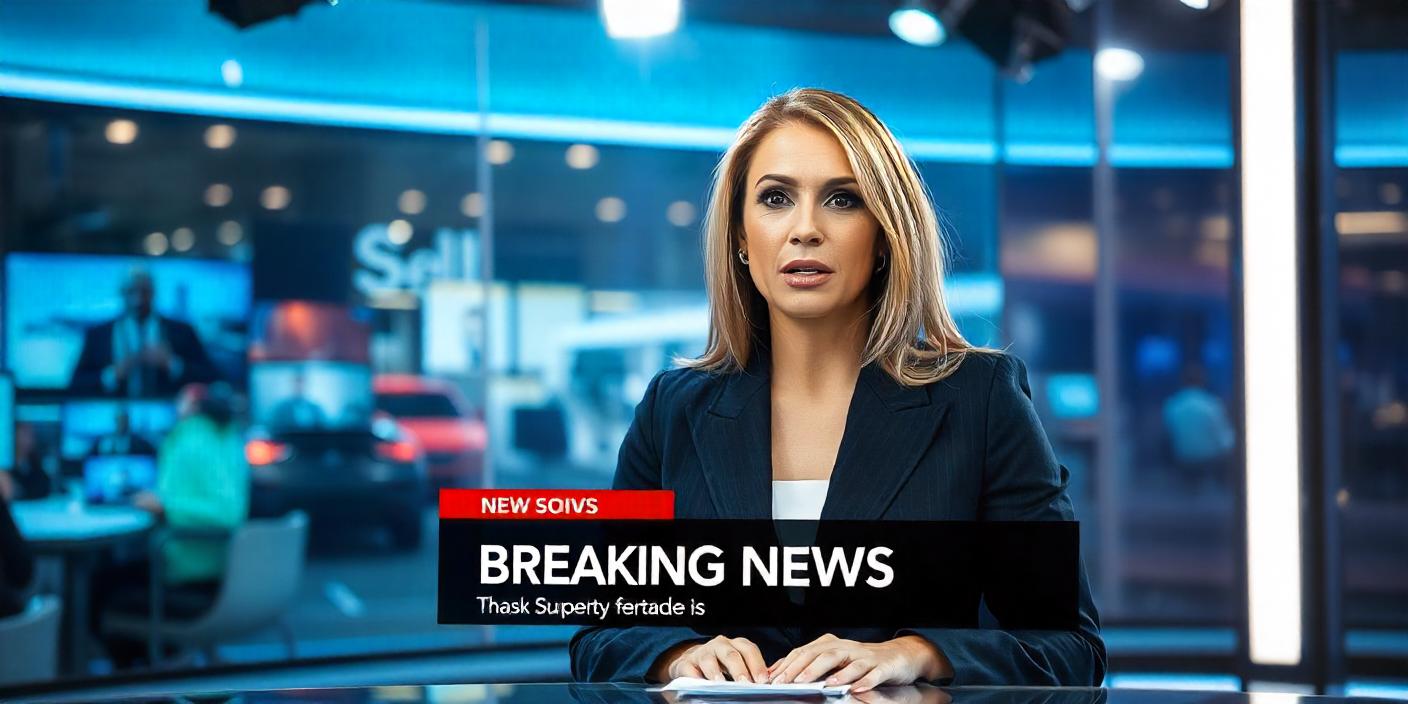
From K.B. Hedgewar to Mohan Bhagwat, the Rashtriya Swayamsevak Sangh (RSS) has come a long way. It’s a miraculous journey of a hundred years now. It has faced three bans, social ostracisation, and also the accusation of being involved in Gandhi’s assassination. But it has always bounced back with a vengeance. The RSS has grown to become a formidable organisation, aspiring to make India great again. In its arduous journey, the RSS has seen six full-time Sarsanghchalaks, with different temperaments and personalities but with one goal: to make India a Hindu Rashtra. If Hedgewar was a former congressman who felt the “pain of Hindus” and realised that “if Hindus have to be saved from future humiliation as they had suffered in the past, then they have to unite and organise”, then Golwalkar should be credited with ensuring that the RSS sailed through its most turbulent times with an iron will and conviction.
If Hedgewar laid the foundation of the Hindu unity project, it was Golwalkar who built the structure with solid ideological cement. Unlike Golwalkar, Balasaheb Deoras was more political. He was responsible for the rise of the BJP as a political force. Rajendra Singh and K.S. Sudarshan helped consolidate the gains made during Deoras’s time. Bhagwat, on the other hand, displayed the maturity to anoint Modi as Advani’s successor and allow him to lead the movement with a cult following. However, what is often overlooked about him is that, like Deoras, he is a reformist. He is not one to cling to the past. He possesses the guile, resilience, and farsightedness to envision the future and introduce bold, transformative changes to the ideological stream of Hindutva, without compromising its core.
Bhagwat, The Reformer
In fact, Bhagwat has taken on the toughest job among all the RSS chiefs. On one hand, he must carefully navigate his relationship with a powerful figure like Modi, and on the other, he must engage in ideological engineering within Hindutva. He is tasked with managing the raw energy of a cadre that is experiencing unbridled power for the first time. Throughout this journey, he has endured so much, yet never wavered. He was labelled the weakest RSS chief and criticised for compromising the original thesis of Hindutva at a time when Hindus were on the verge of winning a decisive battle with Muslims in a 1,200-year-old civilisational war.
But political pundits forget that long before Modi became prime minister, the BJP was in shambles. When Bhagwat took over from Sudarshan, the Sangh Parivar was grappling with ideological confusion. The BJP was in shock after its surprising loss in 2004. The Atal-Advani duo was pushing for a more moderate and liberal face for the party, while it was still reeling from Advani’s Jinnah blunder. There was no harmony between the RSS, the BJP, and its other affiliate organisations.
Choosing Modi Over Gadkari
After becoming the RSS chief in 2007, Bhagwat waited for the results of the 2009 elections. Once he was convinced that the Atal-Advani era had ended and the BJP needed fresh blood to navigate through troubled waters, he came to Delhi, settled at Keshav Kunj in Jhandewalan, and boldly stated that the new party president would not be from the “Gang of Four” (Sushma Swaraj, Arun Jaitley, Venkaiah Naidu, and Anant Kumar). He chose Nitin Gadkari, much younger than the Delhi-based leaders and then a virtual non-entity in Delhi politics. Gadkari was groomed as the party’s prime ministerial face for the 2014 elections, but when corruption charges emerged against him, Bhagwat acted swiftly, replacing him with Modi—a move that proved to be a masterstroke.
The choice of Modi as the prime ministerial candidate was not an easy one. Bhagwat realised that if the BJP failed to win in 2014, the future of the Hindutva movement would be in jeopardy. Among all the BJP chief ministers, Modi not only had the resources but also the ideological clarity that the BJP should not waver from its core ideology—Hindutva. Modi’s gladiatorial instincts and Amit Shah’s organisational skills transformed the BJP into an unmatched political machine. However, under the Modi regime, both the BJP and the RSS also earned a bad reputation due to the ultra-aggressive Hindutva. Muslims have been unabashedly targeted.
A Course-Correction
Not that Bhagwat opposed the march of aggressive Hindutva, but he realised that if the anti-Muslim campaign continued unchecked, the terms “Hindutva” and “Hindu” would be discredited globally, leading to the undoing of the RSS’s entire Hindu project. He was also concerned about the deep societal polarisation over Hindu-Muslim issues. He understood that a population of 20 crore Muslims was too large to push to the brink without consequences. Once this realisation dawned on him, he decided to first slow down the process of Islamophobia and, later, tame the beast of unruly, self-proclaimed Hindutva warriors. He took a risk. While speaking to reporters at Vigyan Bhawan in 2018, he boldly said, “Without Muslims, Hindutva is incomplete.”
The statement shook the Hindutva brigade. Many of them privately told me that it had not been well received by the cadre, who had been trained to hate Muslims. One senior RSS member even told me that he would sit on a dharna if Bhagwat continued with this line of thinking. But Bhagwat did not stop. He went on to say, “The DNA of everyone living in India is the same.” When the Supreme Court gave its verdict on the Ram Mandir/Babri Masjid issue, he asked that it should not be celebrated as a victory. He tried to reach out to Muslim leaders and intellectuals. He visited Deoband to meet Arshad Madni, a highly respected leader in the Muslim world and promised him that one day he would invite him to Nagpur.
When the court ordered a survey of the Gyanvapi mosque in Varanasi to determine if it had been built over a temple, he politely disapproved of the entire exercise. He said, “Why hunt for a Shivling in every mosque?” However, the observation by former Chief Justice of India D.Y. Chandrachud, that the Places of Worship Act 1991 did not prevent the ascertaining of the character of a religious place, opened the floodgates for such petitions. Courts, in their enthusiasm, not only admitted these petitions but also ordered surveys. Such court orders led to violence and loss of life in Sambhal. Even Ajmer Sharif was not spared. Somehow, good sense prevailed in the Supreme Court, and it has temporarily halted this process until the final verdict is issued.
Now, Bhagwat has intervened once again. Speaking in Pune, he said, “The Ram temple was a matter of faith, and Hindus felt that it should be built. Raising issues about some new sites out of hate and enmity is unacceptable.” Bhagwat’s statement should be welcomed by all, regardless of faith or political affiliation.
Good Intentions
I know many will question his assertion and impute motives. Some may argue that Bhagwat is engaging in a deception game. There is some merit to this argument. In the past, despite Bhagwat’s statements, there was no respite from the hate campaign and Muslim-bashing by Hindutva forces. However, in my opinion, Bhagwat should be given the benefit of the doubt. Court cases in such matters have the potential to set society on fire, leading to widespread violence. Sambhal is just one example.
I do not doubt Bhagwat’s intent. I believe he realises that this is a dangerous game and the country could be in flames in no time if the fanatics are not stopped. It is not easy for him to change the direction of a movement whose DNA is defined by anti-Islam rhetoric and a hate campaign against Muslims, one that believes Hindus have been engaged in a 1,200-year war with Islam. But if he is genuinely trying to stop this madness, it is a welcome sign. The problem is that he is riding a ferocious tiger.
(Ashutosh is the author of ‘Hindu Rashtra’ and co-founder of SatyaHindi.com)
Disclaimer: These are the personal opinions of the author




